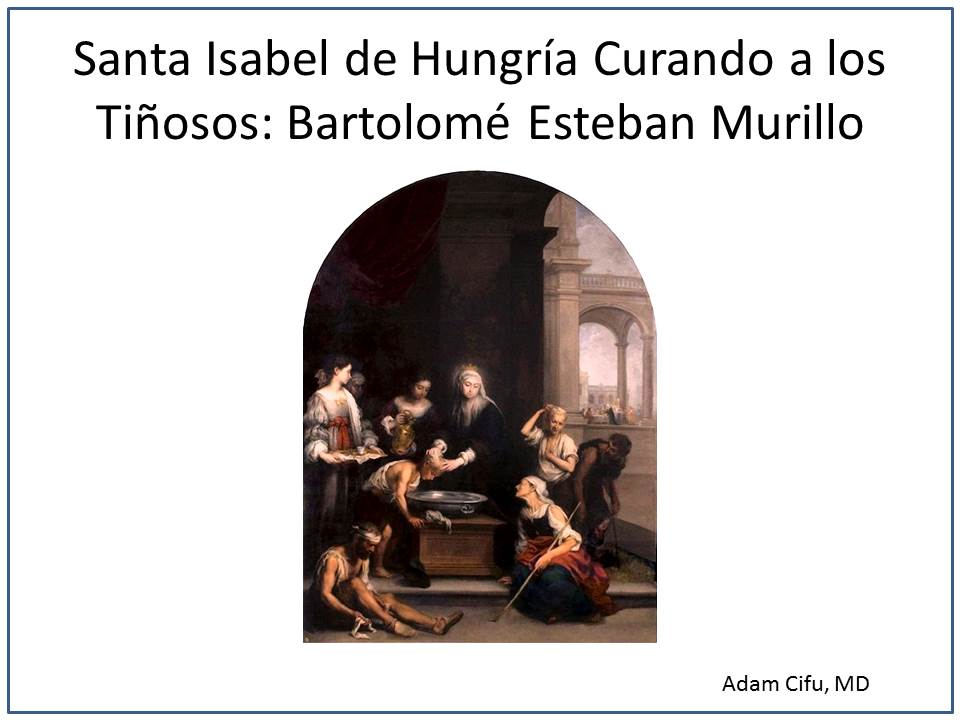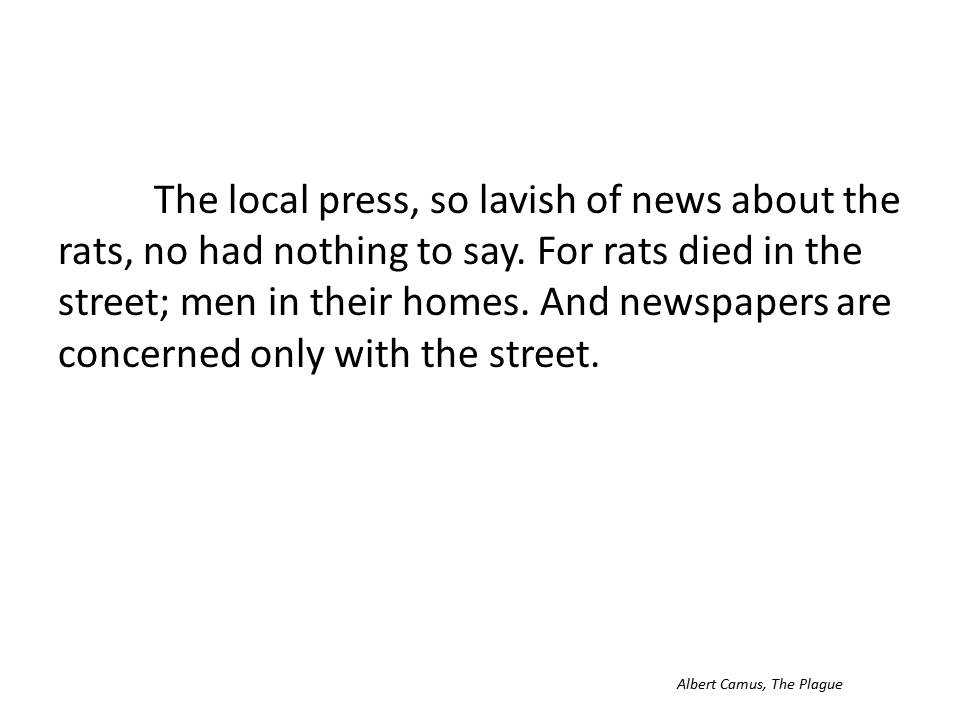
1/11 A little distraction for Friday. A talk I started working on 20 years ago and then gave up on. Encouraged to return to it by @OSheaLaos. Illness found in paintings. Please add your own finds!
@ms47_mindy
@ms47_mindy
2/11 The one that got me started on this. Rhinophyma. Actually, the picture on the Wikipedia page for the condition! 

3/11 Munch is a pro at depicting psychic distress. He seems to be pretty good at the interplay between the physical and psychological too. This one of congenital syphilis might keep you up. 

7/11 Crazy article about this one (IMAJ 3: 864-871, 2001) that tries to identify all the diseases (Pott’s, hyperostosis vertebralis, post-infectious osteomyelitis…) 

8/11 Unfortunately can’t find a good reproduction of this. Many have written that the bishop has scleroderma (telangiectases, tight skin, swollen fingers). 

11/11 Much too much to say about this. An amazing contemporary artist. Just spend the whole weekend with her website. sallyfamacochrane.com 

• • •
Missing some Tweet in this thread? You can try to
force a refresh












